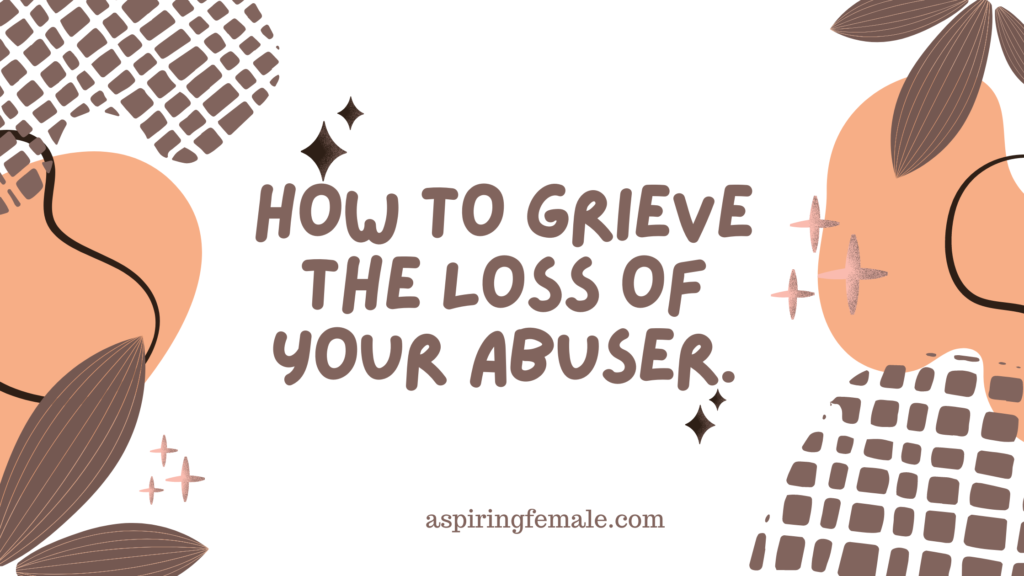
Ever felt like you’re just winging it, waiting for someone to expose you as a fraud? You’re not alone. Imposter syndrome—a mouthful that describes a common struggle—is all about feeling like a fake despite your achievements. But fear not! In this guide, we’ll unravel the mystery of imposter syndrome and arm you with strategies to conquer it.
Studies have shown that about 70% of the population suffer from imposter syndrome at some point in their lives, especially at work, according to a review article by International Journal of Behavioral Science.
Imposter Syndrome Definition or Fraud Syndrome:
It is a psychological pattern in which an individual doubts their accomplishments or talents and has a persistent internalized fear of being exposed as a “fraud”.
Getting to Know Imposter Syndrome:
Picture this: You’re acing it at work, but deep down, you’re convinced it’s all luck. That’s imposter syndrome in a nutshell. Coined by psychologists Suzanne Imes and Pauline Rose Clance in the 1970s, it’s that nagging fear of being unmasked as undeserving. Sound familiar?
Who’s Affected:
Spoiler alert: Imposter syndrome doesn’t discriminate. It doesn’t care if you’re a CEO or a newbie. Even high achievers like Albert Einstein and Serena Williams have wrestled with it. So, if you’ve ever doubted your abilities, you’re in good company.
Spotting the Signs:
Imposter syndrome comes in all shapes and sizes. Maybe you’re a perfectionist, constantly chasing flawlessness. Or perhaps you’re a natural genius who fears failure. Sound like you? You might be battling imposter syndrome. Symptoms include self-doubt, fear of failure, and a knack for downplaying your achievements.
Types of Imposter Syndrome
An Expert on the subject, Dr. Valerie Young, after decades of research on this topic has categorized it into subgroups: the Perfectionist, the Superwoman/man, the Natural Genius, the Soloist, and the Expert.
The Perfectionist: Striving for the Stars
Meet the perfectionist—an overachiever who sets the bar impossibly high. They’re the ones losing sleep over minor details, fearing any deviation from their meticulously crafted plans. Sound familiar? These folks are their own toughest critics, constantly battling feelings of inadequacy when things don’t go as planned. Despite their successes, they’re never satisfied, trapped in a cycle of self-doubt and negativity. But here’s the kicker: they’re selling themselves short. It’s time to recognize your worth and celebrate your achievements, imperfections and all.
The Superman/Woman: Flying Too Close to the Sun
Enter the Superman/Woman—those who never say no, always pushing themselves to the brink in pursuit of validation. They’re the workaholics burning the midnight oil, convinced they’re just one misstep away from being exposed as frauds. But here’s the truth: your worth isn’t measured by the number of hours you put in. It’s okay to take a step back, prioritize your well-being, and build healthy relationships. Remember, you’re more than your work—you’re a superhero in your own right.
The Soloist: One-Man Show
Ever met someone who insists on doing it all themselves? That’s the soloist. They’re the lone wolves afraid to let others in, fearing their facade will crumble if they ask for help. But here’s the reality: teamwork makes the dream work. It’s okay to lean on others, to delegate tasks, and to admit when you need support. You’re not weak for seeking help—you’re human.
The Expert: Knowledge Is Power (and Pressure)
Meet the expert—the know-it-all who measures their worth by their knowledge. They’re the ones plagued by a constant fear of not knowing enough, terrified of being exposed as inexperienced. But here’s the secret: expertise isn’t about knowing everything—it’s about learning and growing. Embrace your curiosity, ask questions, and recognize that true mastery comes from humility and a willingness to learn.
The Natural Genius: Riding the Wave
Finally, we have the natural genius—the ones who make it look easy. They’re the quick learners who excel effortlessly, until they encounter something outside their comfort zone. But here’s the reality check: everyone struggles sometimes. It’s okay to feel out of your depth—it’s a sign that you’re pushing yourself and growing. So, embrace the challenge, learn from your mistakes, and remember that failure is just another step on the path to success.
Imposter Syndrome In Women:
Pauline Rose Clarence and Suzanne Imes in their research found out that a majority of females suffer from imposter syndrome, in their 1978 study. They feel unintelligent and incompetent even though their achievements don’t really display that picture.
Women face imposter syndrome more severely due to society’s construct on how women ‘should be’. And when women defy those norms by climbing up the ladder and gaining more achievements they tend to believe they aren’t worthy of it as it’s merely because of luck.
Because traditionally women were supposed to be ‘care-takers, mothers, housewives, always be there for their husbands and kids, to cook and feed them and now as more and more women are breaking off those societal norms, they tend to believe that they are phonies and that they got lucky because ‘only a man could achieve that’.
PERSONAL OPINION: Also it’s the society which pressures women not to stray away from those traditional norms, and ‘stick to the kitchen’, or ‘she got that position because, she slept with her boss’ all such views of society is what I FEEL boosts, imposter syndrome in women.
Because our society can’t handle empowered and successful women. Sadly this impacts women negatively where they doubt their achievements, keeping them from reaching their potential.
“Women who experience the imposter phenomenon maintain a strong belief that they are not intelligent; in fact, they are convinced that they have fooled anyone who thinks otherwise…In other words, these women find innumerable means of negating any external evidence that contradicts their belief that they are, in reality, unintelligent.”
Overcoming imposter syndrome
Ready to kick imposter syndrome to the curb? Here’s how:
- Talk It Out: Share your struggles with friends and colleagues. You’ll be surprised how many can relate.
- Celebrate Wins: Write down your achievements and give yourself a well-deserved pat on the back.
- Seek Support: Group therapy or discussions can provide a sense of belonging and empowerment.
- Flip the Script: Replace negative thoughts with affirmations and intrinsic motivations.
- Embrace Growth: Nobody knows it all. Embrace learning and watch your confidence soar.
- Own Your Worth: You’re not an imposter; you’re the real deal. Believe it!
Conclusion:
Imposter syndrome may be a tough nut to crack, but with the right mindset and support, you can overcome it. Remember, you’re not alone in this journey. So, take a deep breath, own your achievements, and step into your greatness. You’ve got this!



